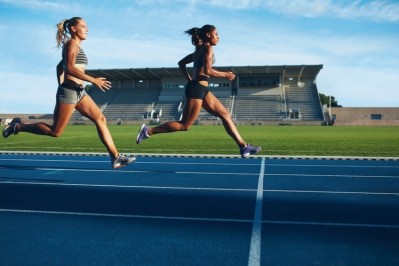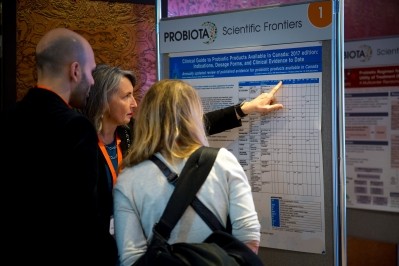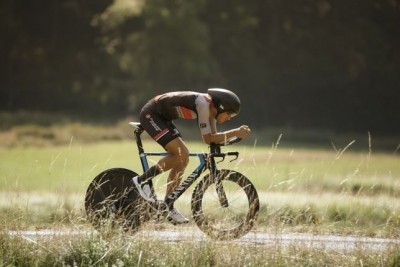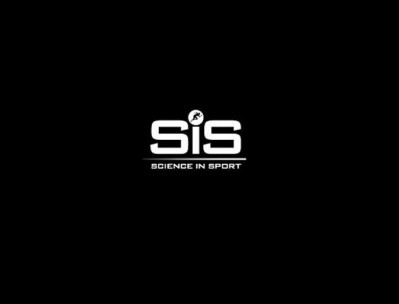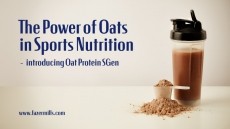Deerland Enzymes’ probiotic supplement may reduce inflammation in athletes
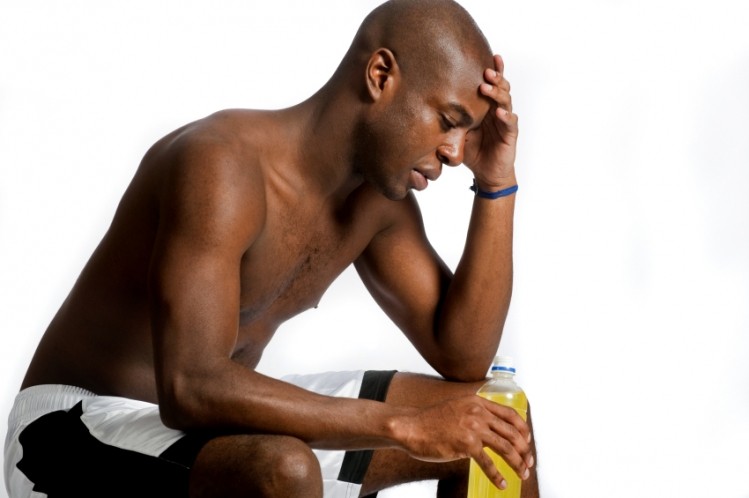
These findings were outlined in a Deerland Enzymes-funded study in which the team also noted no beneficial effect in body composition, physical performance, hormonal status, or gut permeability.
“In this study, athletes in the placebo group experienced elevated TNF-α concentrations which were considerably lower than a previous study in humans which observed a significant relationship between increased TNF-α and disordered sleep,” the team said, led by Dr Jeremy Townsend, assistant professor in exercise and nutrition science at Lipscomb University in the US.
“Moreover, while elevated levels of inflammation are generally regarded as detrimental to recovery and adaptation, our athletes experienced similar physical adaptations regardless of treatment group.
The team added they could not speak as to the exact cause of the elevations in circulating TNF-α observed in the placebo group.
“Taken together, it is difficult to gauge the practical benefit of suppressed inflammation based on the measures included in our study.”
As well as being susceptible to infection, overly fatigued athletes are found to have altered levels of pro and anti-inflammatory cytokines in circulation.
Elevated circulating levels of one of these cytokines TNF-α have been found in elite male rowers, which have been linked with depressed mood, sleep disturbances, and physical stress.
Furthermore, TNF-α acts to impair protein synthesis in skeletal muscle. These factors may limit an athlete’s ability to recover properly from training sessions and may ultimately impair training adaptations.
Study details
The team enrolled twenty-five professional male baseball athletes participated in this double blind, placebo-controlled, randomised study.
Participants were randomly assigned to a probiotic (PRO) or placebo (PL) group with both groups completing daily supplementation for 12 weeks.
The PRO supplement consisted of one billion colony-forming units (CFU) of Deerland Enzymes’ Bacillis subtilis DE111.
Following production, probiotic count was confirmed (1.2 billion CFU/capsule) via plate count method by the manufacturer at the beginning of the investigation.
The placebo capsule consisted of maltodextrin, and athletes consumed their respective treatment (PRO or PL) in the form of a capsule, both treatments being identical in appearance.
On training days, capsules were consumed immediately post-workout with a protein (whey protein isolate) and carbohydrate (dextrose) recovery drink (27 g protein, 36 g carbohydrates, 2 g fat).
All athletes consumed the post-workout drink with their respective treatment capsule.
Results of the study
The research team found no significant differences were found in measures of body composition or physical performance between the two groups.
TNF-α concentrations were significantly lower in PRO compared to PL, while there were no significant group differences in any other biochemical markers examined.
These data indicate that probiotic supplementation had no effect on body composition, performance, hormonal status, or gut permeability, while it may attenuate circulating TNF-α in athletes.
“Our data indicate that 12 weeks of probiotic supplementation provides no beneficial effect regarding body composition, physical performance, hormonal status, or gut permeability while attenuating circulating TNF-α concentrations in college athletes following offseason training,” the study concluded.
“College athletes typically undergo periods of elevated stress both physically and mentally, which may negatively affect recovery and adaptation.
“While decreased TNF-α levels as a result of probiotic supplementation may be promising, no other performance or body composition benefits were found which leaves the practical relevance of decrease inflammation in athletes convoluted.”
Source: Sports (Basel)
Published online: doi:10.3390/sports6030070
“Effects of Probiotic (Bacillus subtilis DE111) Supplementation on Immune Function, Hormonal Status, and Physical Performance in Division I Baseball Players.”
Authors: Jeremy Townsend et al
